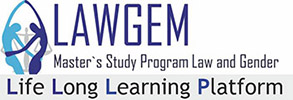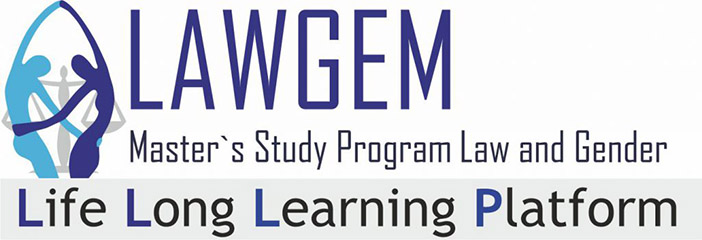Gender equality is clearly one of the pillar principles of the European Convention on Human Rights. Protection of women’s rights can be treated through an individual right, dealing with its substantial and procedural limb (ex. sex discrimination cases), or as an (aggravated) aspect or an attribute of a violation of a right enshrined by the Convention (ex. gender equality in connection with rights to freedom of expression or religion). Despite its principled position, and having in mind the present state of jurisprudence of the Strasbourg Court, it could be concluded that feminist justice is still underdeveloped in comparison with the growing need for the protection of women’s rights, insisting on personal integrity. Observing from a broader perspective, the ECtHR’s case law regarding feminist justice can be categorized into three clusters: (1) cases relating to achieving formal equality between men and women and prohibiting direct gender discrimination, focusing on the idea of achieving “sameness with men” (jurisprudence under article 14); (2) cases relating to issues that may, in theory, affect both men and women, but in reality, disproportionately affect women and require special (additional) protection, such as domestic violence and trafficking; and (3) cases relating to issues that are specific to women’s rights, such as violence against women, reproductive rights and motherhood/maternity. The Court has gradually widened its approach concerning the protection of women’s rights, giving rise to a ‘living instrument doctrine’ by interpreting the Convention “in the light of present day conditions”. This approach of evaluative interpretation of the Convention is necessary in order to address actual challenges of violation of human rights of women and girls, which were not envisaged in the text of the Convention 70 years ago. For the purposes of the conference, Prof. Dr. Jelić made a short introduction of how contemporary international law deals with feminist justice, with an emphasis on the list of important ECtHR cases. Then, the cases were be analyzed under each of the mentioned three categories, with an emphasis on the recent case-law. Conclusion encompassed Prof. Jelić’s observations about the ECtHR’s jurisprudence and comparison with certain case-law of the UN treaty bodies or other international courts.
Prof. Dr. Ivana Jelić is a judge of the European Court of Human Rights since 12 July 2018. She is a member of Legal Sciences Committee of Montenegrin Academy of Sciences and Arts, as of 2015. Before joining the Court, she was employed as an Associate Professor at the Faculty of Law, University of Montenegro. She was teaching public international law, international human rights law, minority rights and international humanitarian law for eighteen years. She was Visiting Scholar/Professor at the following institutions of higher education: Faculty of Law, University of Bergen, Norway (2002), UC Berkeley (2004-2005), Centre for the Study of Human Rights, Columbia University, New York, USA (2005), Université Paris 2 – Assas, Centre de la recherche des droits de l’homme et droit humanitaire (2007), Londol School of Economics and Political Sciences, London, UK (2009-2010), Faculty of Law, University of Johannesburg, South Africa (2013), Faculty of Law, Freie Universität Berlin, Germany (2014), Faculté de Droit et Science Politique, Université Sophia Antipolis, Nice, France (2015). She was Distinguished Visiting Professor – Mercator Fellow at the Faculty of Law, Freie Universität Berlin, Germany (2016-2017). She was a member of the Committee of experts of the Council of Europe for the Improvement of Procedures for the Protection of Human Rights (DH-PR) in Strasbourg (2008-2010) and a member of the Steering Committee of Human Rights (CDDH) in Strasbourg (2008-2012). She was a member (2012-2016), Gender Equality Rapporteur (2013-2016) and Second Vice Chair (2014-2016) of the Advisory Committee on the Framework Convention for the Protection of National Minorities (ACFC) of the Council of Europe, in Strasbourg. She also served as a member (2015-2018) and Vice President (2017-2018) of the UN Human Rights Committee, Geneva, Switzerland. Judge Jelić publishes extensively on European and international protection of human rights, the rule of law, gender equality and multiculturalism.

